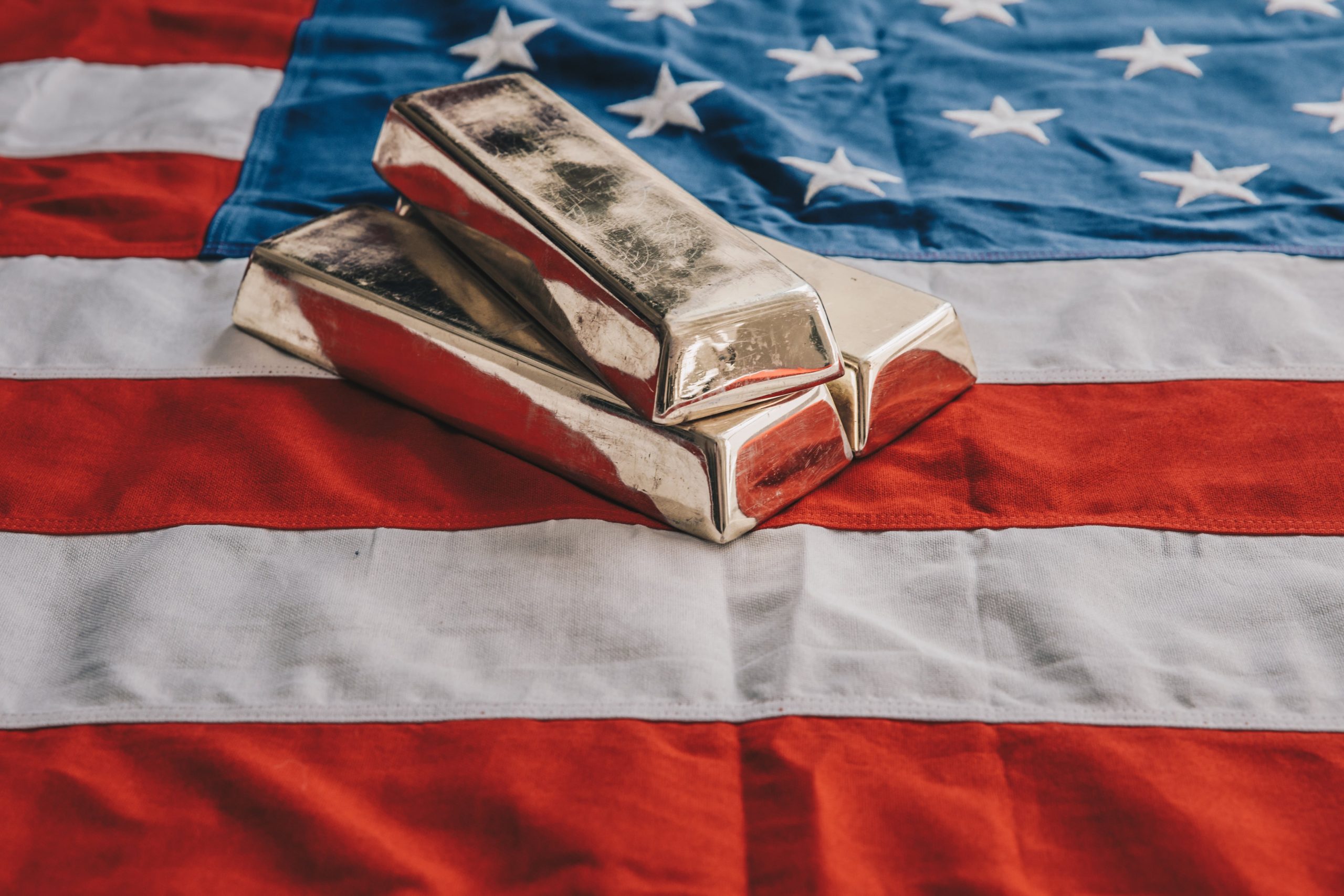What Are Commodities and How Do People Invest in Them?
Commodities can be defined as primary resources that are physical in nature and can be used in the production of other more refined goods. Commodities can be traded in very many ways among them forward contracts and exchange traded commodities etc which are some of the popular methods.
Definition of Commodities
A commodity is an undifferentiated commodity which can be classed as either hard or soft. A hard commodity is a metal or an energy asset like gold or oil whereas a soft commodity encompasses farm produce like corn or wheat; livestock.
Commodities are traded largely in the derivatives market by means of future contracts. For market access, ETC provides investors who can not access these markets with the best options. There are indeed many investors who use commodities for portfolio diversification and as an inflation hedge strategy.
Meaning of commodities
Commodities are physical items that help create more goods. Unfortunately, unlike finished products, commodities are still raw elements that are productive in creating the particular as any other finished product. This form of diagnosis gives us two primary categories:
Hard commodities: This includes whore energy and metals such as oil coal and iron
Soft commodities: This comprises of mainly agricultural products like corn sugar wheat and all the rest
In terms of market penetration, the same types of things must meet the same standards regardless of the place of processing. Such kinds are in a way contradictory in that there is rarely any similarity in them. A good case is given by corn, for example, grown in the USA, and corn harvested in France. They will be viewed the same way only that the grade is similar.
What are The Factors Responsible For Changes In Prices Of Commodity?
Price of commodities is not a function that is simply computed or ends up being fixed or even desirable. It is obvious that the price of the commodities can be affected by the forces of supply in a specified area and demand as well within that market. For instance, if the quantity of any given commodity is high and for instance, a bumper harvest wheat is obtained the price is certain to fall. On the other hand, when certain oil commodity rubellais high such is especially in the winter or summer holidays when the customers have high demand for such oils the prices turn high.
Limits are something which is always there and in a particular sphere such as supply it is often governed by some outside factors. For example, in agriculture, too much drought or rainfall can ruin crops and therefore the resulting restricted quantity, elevates the prices. Also unrest which is apparent of oil-producing countries for example the Middle East, may bring about impacts in both production and pricing levels.
Futures Contracts
Purchasing futures contracts is also one of the most traditional methods of making investments on the underlying commodity. In the case of derivative commodity markets, sophisticated investors either go long or short into futures contracts to trade, hedge or speculator into commodities. A futures contract is an arrangement between two parties to buy or sell a specific quantity of a commodity on an agreed future date and normally, at a fixed price. The two parties in the contract are often willing to get into such disputes as they choose.
Whoever agrees to buy or sell a guarantee to give or take delivery of a commodity at a future date certifies that he or she is comfortable or quite excited about the leap to go forward with evidenced risk, prospects and hopes that may come within such a period. With time, as the prices of the commodities within the contract rise, the one who has purchased the contract earns the benefits and the seller who stands to make a kill loses and vice versus. Those who have, traded in such markets and individuals are now content to either close or roll over their positions without having to go down to take physical delivery of the underlying asset.
This type of investment bears a high risk value most especially in farms’ investments since great risks are awarded great returns but the period before the returns or profits sets in is within a year and disappointments are abundant the following years. That is there cannot be a transfer of either ownership or physical possession of goods there are no such things as delivery of goods to the traders here; the future trader is an ‘owner’ who makes trades of paper cut cloisters. In this way it’s very entertaining to play a speculation on that or than dear invigilator however it gives rise to a lot of danger to the invigilator.
Exchange Traded Commodities (ETCs)
Investors looking to invest in commodities but do not wish to take physical attributes of the commodities are catered for by the Electronic Traded Commodities (ETCs). Such localized equities are actively traded in the stock exchanges as they have a commodity backing because of stock prices fluctuations against commodities prices.
Owning an Exchange Traded Commodity (ETC) does not give ownership of the said commodity. This is where taxation is done on the ETC on exchange like bonds. Futures contracts tend to come with more risks limits that this especially including the risk of taking delivery of the physical asset. For those beginners who are looking to invest in commodities but without the intricacies of the futures market, ETCs are very useful.
ETCs vs. ETFs
ETFS or Exchange traded funds cannot be said to be the same as ICT or Exchange Traded Commodities. In particular, the zeal for commodities trading and investing structure is this trade and this norm.
Commodity Investment
Commodity market is an independent market and under full currency and share market pressure does not operate like that. Still, it follows the pattern of prices as demand and supply identify their destiny. However the geopolitics make high prospects for development such as increasing tariffs on petroleum stocks like diamond oil prone areas. Overabundance such as heavy wheat harvest seasons, particularly when in low demand cyclical harvesting periods will create a surplus.
However, for the most part, there is general acceptance regarding the belief that all commodities possess a certain degree of worth in the sense that these are fundamental to the economic activity of the present day. There exist positive elasticities which suggests that there are speculations in commodities for instance as there is an increase in inflation there is also an increase in the prices of the commodities thus serving as a good hedge against inflation. In this regard, it is worth noting that commodities are one-off type and their returns exhibit relatively indeterminate relationships with stock shares, currencies, and bitcoins, which help investors to construct sufficiently diverse and balanced investment portfolios and hedge risks over several categories of assets.






